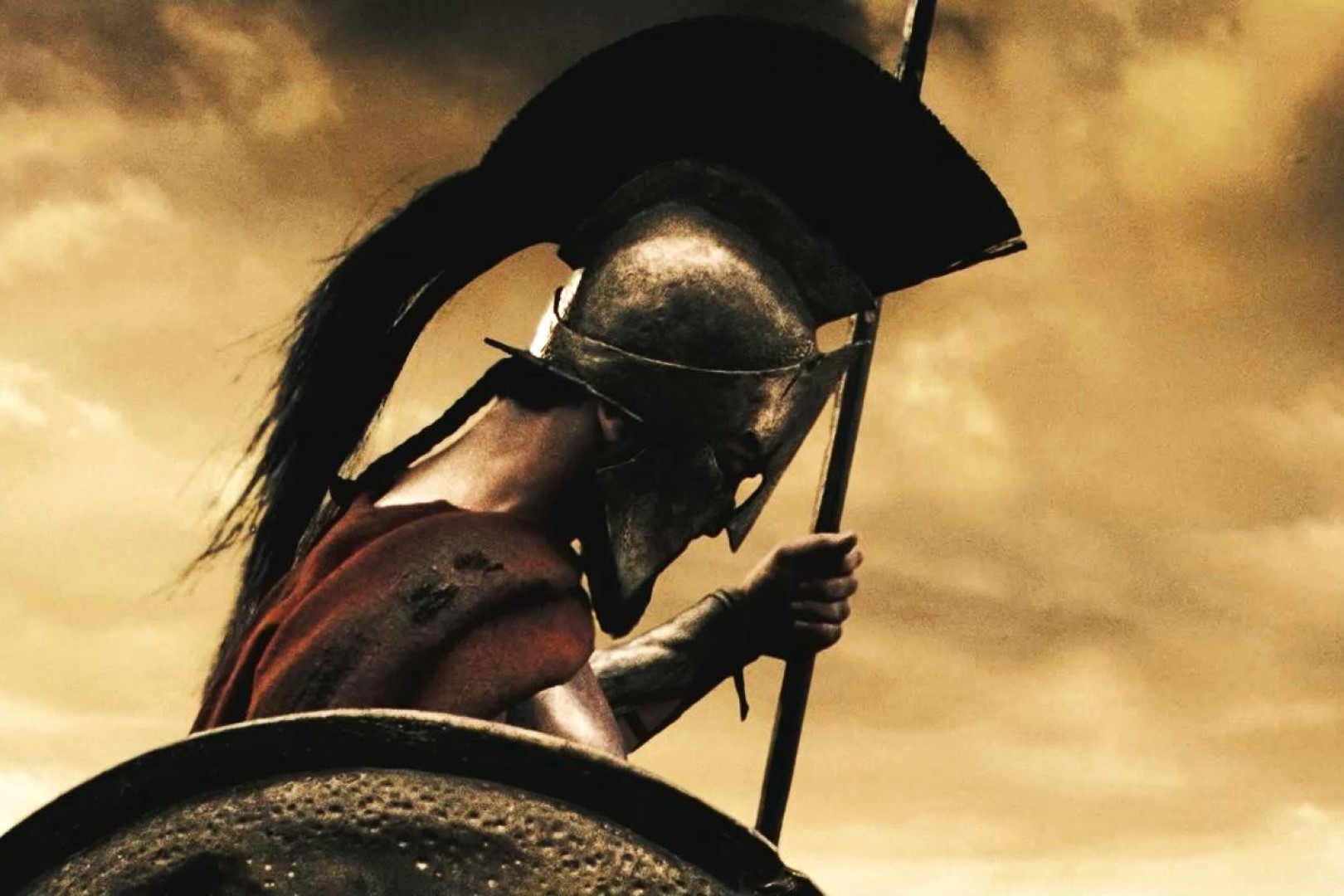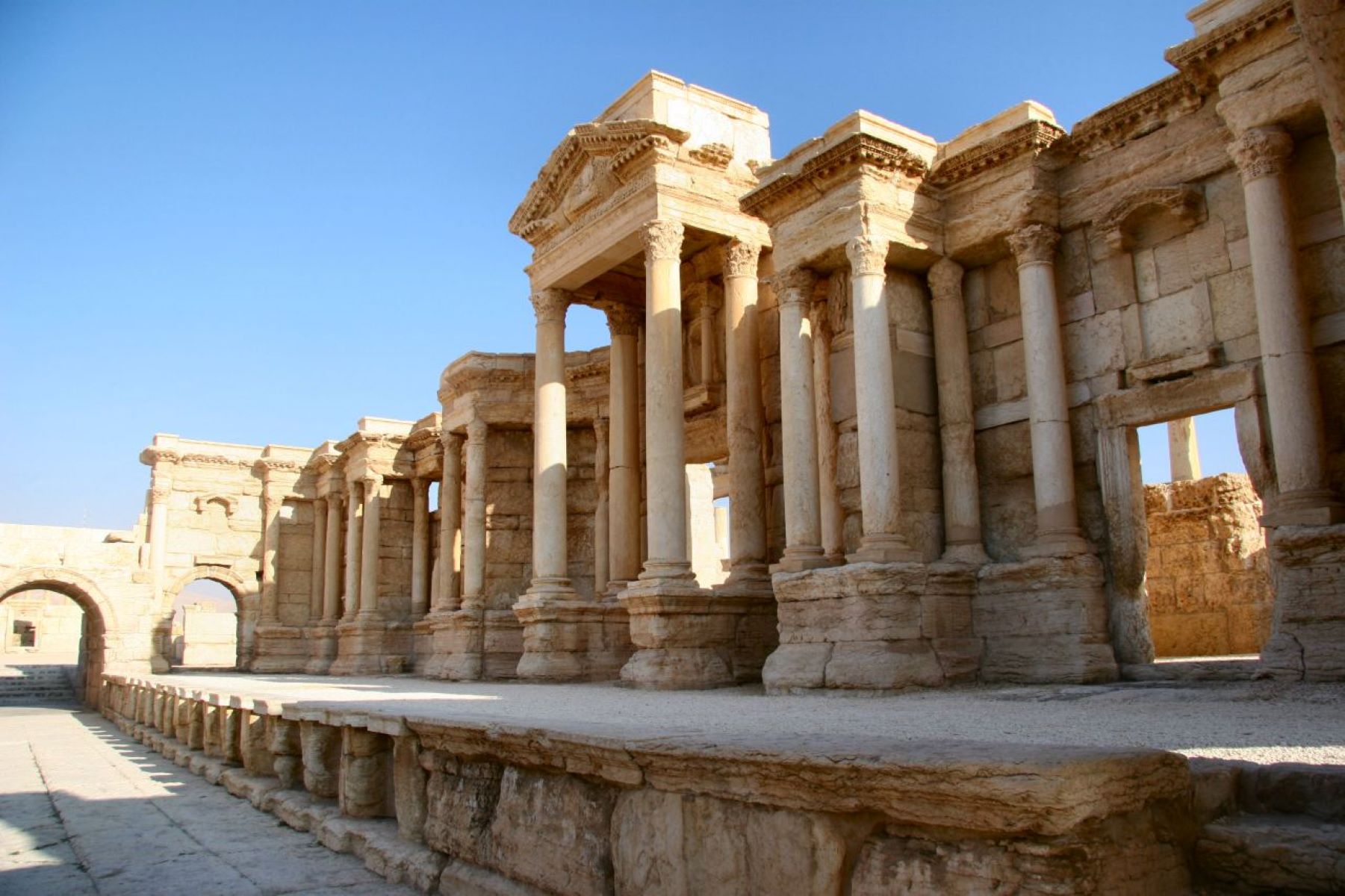
What was the Krypteia in Sparta? The Krypteia was a secret police force in ancient Sparta, tasked with keeping the helot population in check. These young Spartan warriors, usually in their late teens, were sent out at night to eliminate any helots deemed a threat. This brutal practice was part of their training, blending stealth, survival, and ruthlessness. The Krypteia served as both a rite of passage and a method of social control, ensuring the helots remained subservient. Understanding the Krypteia offers a glimpse into the harsh realities of Spartan society, where discipline and fear maintained order.
Key Takeaways:
- Krypteia was a secret police force in ancient Sparta, training elite warriors to control the helot population and maintain Spartan dominance through fear and secrecy.
- The legacy of Krypteia continues to influence modern military and intelligence practices, despite its controversial methods and eventual decline in ancient Spartan society.
What is Krypteia?
Krypteia was a secret institution in ancient Sparta. It played a crucial role in maintaining Spartan society's structure and discipline. Here are some fascinating facts about this mysterious organization.
-
Krypteia was a secret police force in Sparta tasked with controlling the helot population, who were essentially serfs.
-
The name "Krypteia" comes from the Greek word "kryptos," meaning hidden or secret.
-
Only the most promising young Spartan men, usually around 18 years old, were selected to join Krypteia.
-
Members of Krypteia were sent into the countryside with minimal supplies to survive and carry out their duties.
-
Their primary mission was to instill fear among the helots and prevent uprisings.
The Role of Krypteia in Spartan Society
Krypteia was more than just a secret police force. It had a significant impact on Spartan society and its military culture.
-
Krypteia members were trained in stealth, survival, and combat skills, making them elite warriors.
-
The institution served as a rite of passage for young Spartans, testing their endurance and loyalty.
-
Krypteia's activities were conducted mostly at night to maintain secrecy and surprise.
-
Members were encouraged to kill any helots they encountered, especially those deemed strong or rebellious.
-
This brutal practice was intended to keep the helot population in check and maintain Spartan dominance.
The Training and Selection Process
Becoming a member of Krypteia was no easy feat. The selection and training process was rigorous and demanding.
-
Only the most physically and mentally fit young men were chosen for Krypteia.
-
Candidates underwent intense physical training to prepare for the harsh conditions they would face.
-
They were taught survival skills, such as finding food and water in the wilderness.
-
Stealth and deception were crucial skills for Krypteia members, as they needed to move undetected.
-
The training also included psychological conditioning to desensitize them to violence and killing.
The Impact of Krypteia on Spartan Military
Krypteia played a vital role in shaping the Spartan military and its reputation as a formidable fighting force.
-
The experience gained in Krypteia made its members highly skilled and disciplined soldiers.
-
Many of the tactics and strategies used by Krypteia were later incorporated into the Spartan military.
-
The institution helped instill a sense of duty and loyalty to Sparta in its members.
-
Krypteia's emphasis on stealth and surprise influenced Spartan military tactics.
-
The fear and control exerted by Krypteia over the helots ensured a stable and productive society, allowing Sparta to focus on military endeavors.
The Legacy of Krypteia
Krypteia's influence extended beyond its time, leaving a lasting legacy in history and culture.
-
The institution is often cited as an early example of state-sponsored terrorism.
-
Krypteia's practices have been compared to modern special forces and intelligence agencies.
-
The concept of Krypteia has inspired various works of literature and popular culture.
-
Some historians believe that Krypteia's brutal methods contributed to the eventual decline of Spartan society.
-
Despite its controversial nature, Krypteia remains a fascinating subject of study for historians and scholars.
Lesser-Known Facts About Krypteia
There are many intriguing and lesser-known aspects of Krypteia that shed light on its complex nature.
-
Krypteia members were often required to live off the land, honing their survival skills.
-
The institution's activities were shrouded in secrecy, with little documentation available.
-
Some accounts suggest that Krypteia members were also tasked with gathering intelligence on potential threats to Sparta.
-
The institution's existence and practices were known to other Greek city-states, adding to Sparta's fearsome reputation.
-
Krypteia's methods were sometimes criticized by contemporary philosophers and historians.
The End of Krypteia
Krypteia eventually faded into history, but its impact on Spartan society and military culture remains significant.
-
The decline of Sparta's power and influence contributed to the dissolution of Krypteia.
-
Changes in political and social structures in ancient Greece also played a role in Krypteia's decline.
-
Despite its end, the legacy of Krypteia continues to be studied and debated by historians.
-
The institution's influence can still be seen in modern military and intelligence practices.
Final Glimpse into Krypteia
Krypteia, the secretive Spartan institution, played a crucial role in maintaining control over the Helot population. This covert operation, shrouded in mystery, showcased the harsh realities of Spartan society. Young Spartans, selected for their prowess, embarked on missions that tested their endurance and loyalty. These missions, often brutal, were designed to instill fear among the Helots and ensure their subjugation.
Understanding Krypteia offers a glimpse into the Spartan way of life, where discipline, strength, and control were paramount. It highlights the lengths to which Spartans went to preserve their societal structure. While controversial, Krypteia remains a fascinating aspect of ancient Sparta, reflecting the complexities and contradictions of this warrior society.
By delving into Krypteia, we gain a deeper appreciation for the intricate dynamics that shaped one of history's most formidable civilizations.
Frequently Asked Questions
Was this page helpful?
Our commitment to delivering trustworthy and engaging content is at the heart of what we do. Each fact on our site is contributed by real users like you, bringing a wealth of diverse insights and information. To ensure the highest standards of accuracy and reliability, our dedicated editors meticulously review each submission. This process guarantees that the facts we share are not only fascinating but also credible. Trust in our commitment to quality and authenticity as you explore and learn with us.


